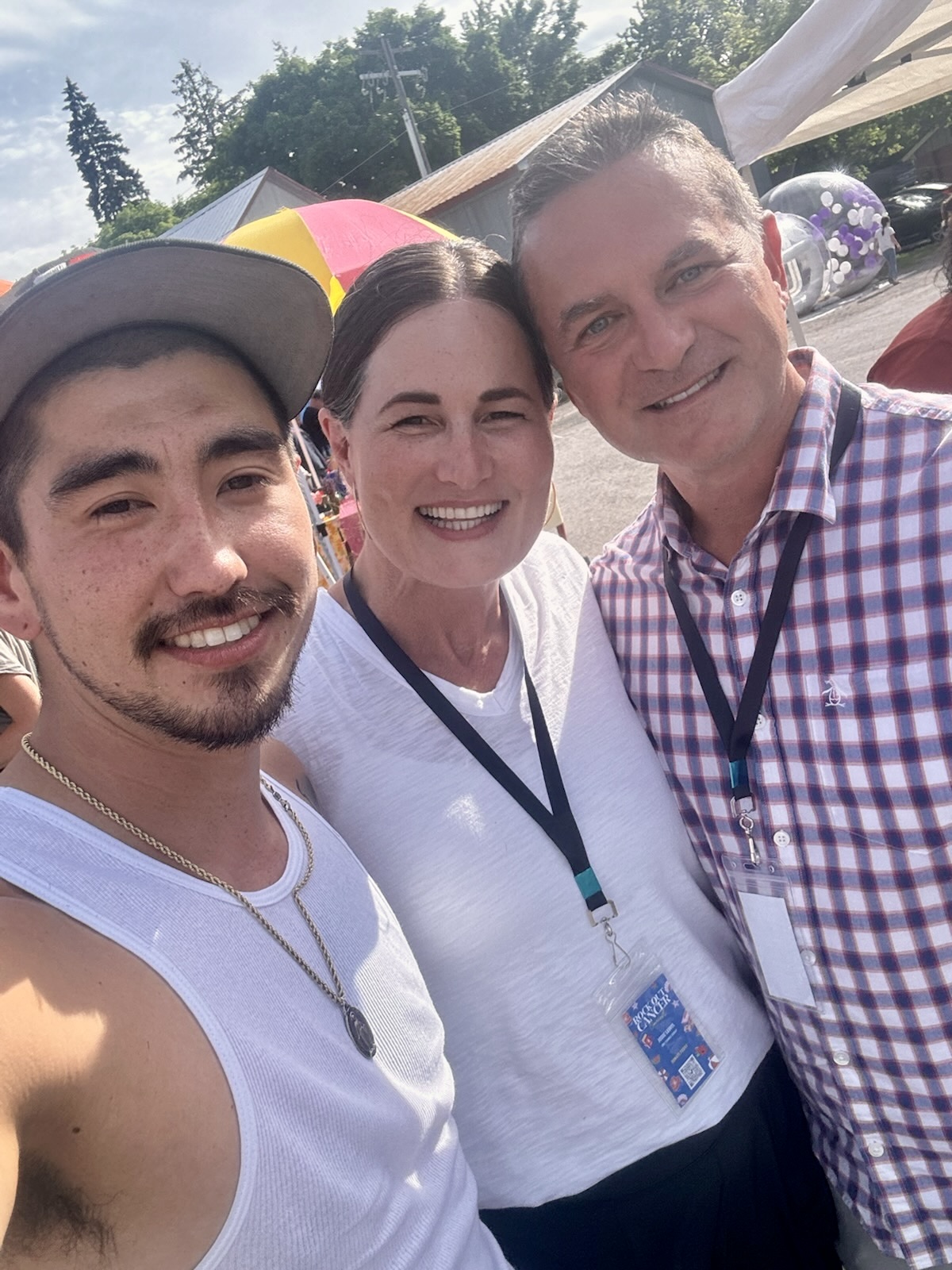Documentary Critique Surrounding Persons with Disabilities #1 – A Fighting Chance, The Documentary about Kyle Maynard
Jodie Lewis, M.Ed., CRC, LPC, NCC
Christian. Confident. Adventurous. These are the three words Kyle Maynard used to describe himself in the documentary, A Fighting Chance. The film followed Kyle’s journey as he began training in his first mixed martial arts (MMA) fight. Kyle was born with a rare disease called congenital amputation. With this in mind, the documentary give’s insight to Kyle’s challenges, as well as the societal discrimination and biases he faced along his path towards his first professional fight. Initially, the movie discussed how in 2007, Kyle’s home state of Georgia’s Athletic Commission denied him a license to fight.
Consequently, Kyle said he, “Went from being the most satisfied in my life to being pretty depressed.” Rather than giving up, Kyle ultimately chose to pursue his dream still. Eventually, he ended up fighting in Alabama where he lost to Bryan Fry (The only person willing to fight Kyle) due to a judge’s decision. Although the documentary was about Kyle’s journey to his first fight, there is so much more to Kyle and his story. In this blog, I discuss Kyle’s experiences and reactions to his disability; the attitudes of his family members, professionals, and society towards Kyle; and my response to the issues confronting Kyle.
Throughout the documentary, Kyle’s character came to life through his different experiences and reactions to his disability. The film showed home videos of Kyle as a toddler on through his high school wrestling years. Kyle’s motto was, “Never quit.” This motto and attitude were apparent throughout the entire film. One example of his never quit attitude was his wrestling career, which he did not win one match for several years, yet he stuck with it and began winning consistently. Kyle’s proven tenacity is demonstrated by accomplishing his two big dreams after high school, which were to open a gym and to become a professional MMA fighter. Not only did Kyle achieve these goals, but he also has created so much more for himself as a public speaker, athlete, and author. Creating the life Kyle made for himself was not an easy task, not due to his disability but primarily because of the responses he received from society. With this said, he was an advocate for himself and pursued his goals.
In addition to witnessing Kyle’s drive towards accomplishing his goals, the movie also shared a softer side of the athlete. Kyle became emotional when he discussed how an ex-girlfriend had concerns about him being a dad. The thought that he could not do things for his children, which his father did for him, really hurt him. With this said, Kyle also shared his thoughts surrounding his relationships and dating. He discussed how once he was ok with just being himself; his dating experiences became gratifying.
Throughout the documentary, viewers witness Kyle performing everyday tasks that offered him independence and freedom; such as, driving, working out, getting dressed, swimming, and hiking. Even so, Kyle discussed how sometimes little things could be time-consuming. Nevertheless, while discussing adaptation, he stated, “Necessity breeds innovation.” Kyle’s response to his disability is very positive from a behavioral perspective.
Kyle’s family’s response to his disability in the documentary was authentic and very touching. Kyle’s parents portrayed a sense of vulnerability and strength that reflected in their son. Kyle’s family teaches us how much attitudes can genuinely impact a family’s ability to cope with a disability healthily. The Maynard family’s positive response to Kyle’s disability appeared to impact Kyle beneficially.
In the documentary, I witnessed both positive and negative responses to Kyle’s disability. On the one hand, some supported and advocated for Kyle, and on the other hand, I observed oppression, stereotyping, ableism, discrimination, and bias. An example of ableism at the beginning of the movie occurred when Kyle was denied a fight license due to his disability. The commission focused solely on Kyle’s disability rather than viewing him as a unique person whose skill and strength far outweighed the limitations of his disability. Kyle also experienced blatant discrimination from those in the MMA industry, even the UFC president, Dana White who said, “A guy with no arms and legs going into a fight where kicking and punching is allowed? The fucking stupidest thing. It’s fucking unbelievable. It’s criminal.” This documentary changed my perspective of Dana White.
Additionally, Kyle experienced comments from people without disabilities (PWOD) such as, “someone like that” and, “freak show.” Words are powerful and can be very impactful, and as a society, it is crucial we pay attention to the language used when discussing disability. In her 2001 article, Impairment and Disability: Constructing an Ethics of Care that Promotes Human Rights Morris stated beautifully the importance of language when she said, “To pay attention to the words we use is not to be politically correct but to struggle for a language which describes the denial of our human rights, locates our experience of inequality as a civil rights issue, and, at the same time, creates a space to articulate our experience of our bodies.” Our society’s response to disability has a long way to go concerning prejudice and discrimination towards PWD. Needless to say, this documentary is a must-see, but only if you are prepared to catch a feeling or two.
Regardless of the experience you or loved ones are going through surrounding the area of disability, our dedicated and experienced One Change Group Counselors are here to help you. Contact us at onechangegroup.org to setup a free initial consultation today.
References:
Lustig, D. C. (2002). Family coping in families with a child with a disability. Education and Training in Mental Retardation and Developmental Disabilities, 37(1), p 14 22.
Morris. (2001). Impairment and Disability: Constructing an Ethics of Care that Promotes Human Rights.
Smart, J. (2016). Disability, Society, and the Individual. (3rd Ed.). Austin, TX: PRO-ED.



0 Comments